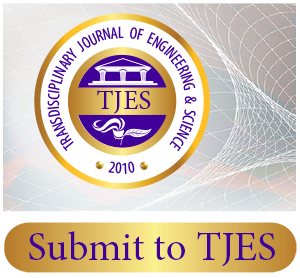The Intervention to Incentive the Use of Systemic-Transdisciplinary Attitudes
Use of systemic-transdisciplinary tools
Abstract
The objective is incentive the use of transdisciplinary systemic tools (TD-ST) for the improvement of TD-ST skills and attitudes by educational intervention in graduate students. The main findings were a) Attributes of the students that improved days after of the intervention (p≤ 0.05) with the highest percentage of variation were happiness (39%), union (41%) and integration (31%), knowledge and appropriation of the tools (50%) and several application potentials (38%). b) The improved attributes were classified as medium changes (attention capacity (0.47), cognitive process (0.46), perceptive function (0.46), linguistic function (0.52), creativity (0.5), use of TD-ST (0.68) and their appropriation (0.65), integration (0.52), joy (0.51) and interest in the use of TD-ST (0.52)), and high changes (union (0.70) and knowledge of the TD-ST (0.75)). c) Students prefer to be taught TD-ST in a creative way using didactic material and real-world, everyday applications. Trainers of transdisciplinary researchers have to develop in ourselves and in our students, skills and attitudes transdisciplinary systemic, basic to the sustainability.


